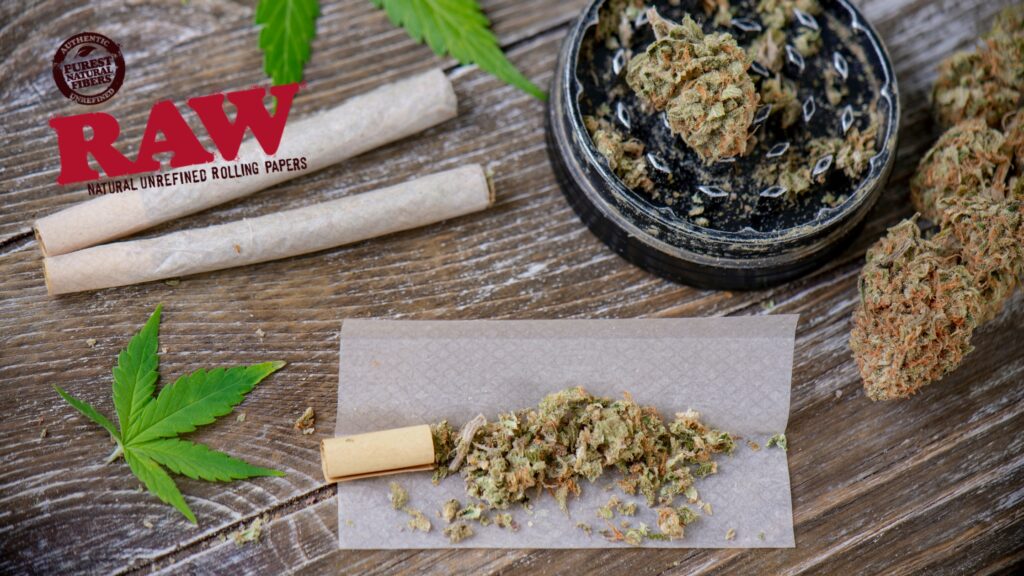The United States Court of Appeals for the Ninth Circuit has ruled that RAW rolling papers are not considered “drug paraphernalia” under the Controlled Substances Act.

The ruling upheld a prior ruling in favor of HBI International, in its ongoing dispute with Central Coast Agriculture, Inc. The court denied Central Coast Agriculture’s petition for a full court rehearing, sustaining the original decision by a three-judge panel. This decision marks a significant moment in the trademark conflict over the “RAW” and “Raw Garden” trademarks.
On July 26, 2024, the ruling reaffirmed that BBK’s RAW rolling papers are not considered “drug paraphernalia” under the Controlled Substances Act, a claim previously contested by Central Coast Agriculture. The refusal to rehear the case leaves the lower court’s decision in favor of BBK unchanged.
“This outcome reaffirms our commitment to protecting our business interests and upholding the integrity of our operations,” said a BBK spokesperson. “We will continue to focus on providing high-quality products to our customers while defending our rights in the legal arena.”
The dispute began when BBK Tobacco & Foods LLP, known for its RAW-branded smoking products, alleged that Central Coast Agriculture’s use of the “Raw Garden” trademark for its cannabis products infringed on BBK’s trademarks. BBK’s lawsuit included allegations of trademark infringement and sought to cancel several of CCA’s trademark applications, citing a lack of bona fide intent to use the mark in commerce.
In April 2024, the Ninth Circuit confirmed the district court’s authority to consider challenges to trademark applications within the context of an action involving a registered trademark. The court determined that CCA’s intent-to-use applications for the “Raw Garden” trademark lacked bona fide intent, supporting BBK’s claims.
BBK’s legal strategy has seen several key moves. Initially, the district court dismissed BBK’s false advertising claims but granted summary judgment for BBK on its counterclaims to invalidate CCA’s trademark applications. The Ninth Circuit’s latest ruling not only supports this stance but also prevents further reconsideration by a larger panel of judges.
This ruling is significant for BBK, as it protects the integrity of its trademark and business practices. The company has consistently argued that its products, including RAW rolling papers, lighters, and tobacco grinders, are not “drug paraphernalia” and should not be classified as such under federal law.
This legal victory not only benefits BBK but also sets a precedent in the industry for the protection and enforcement of trademarks, emphasizing the necessity of bona fide intent to use trademarks in commerce within the competitive cannabis and smoking accessories market. The case highlights the complexities of trademark disputes, especially when intersecting with federal regulations on controlled substances.







